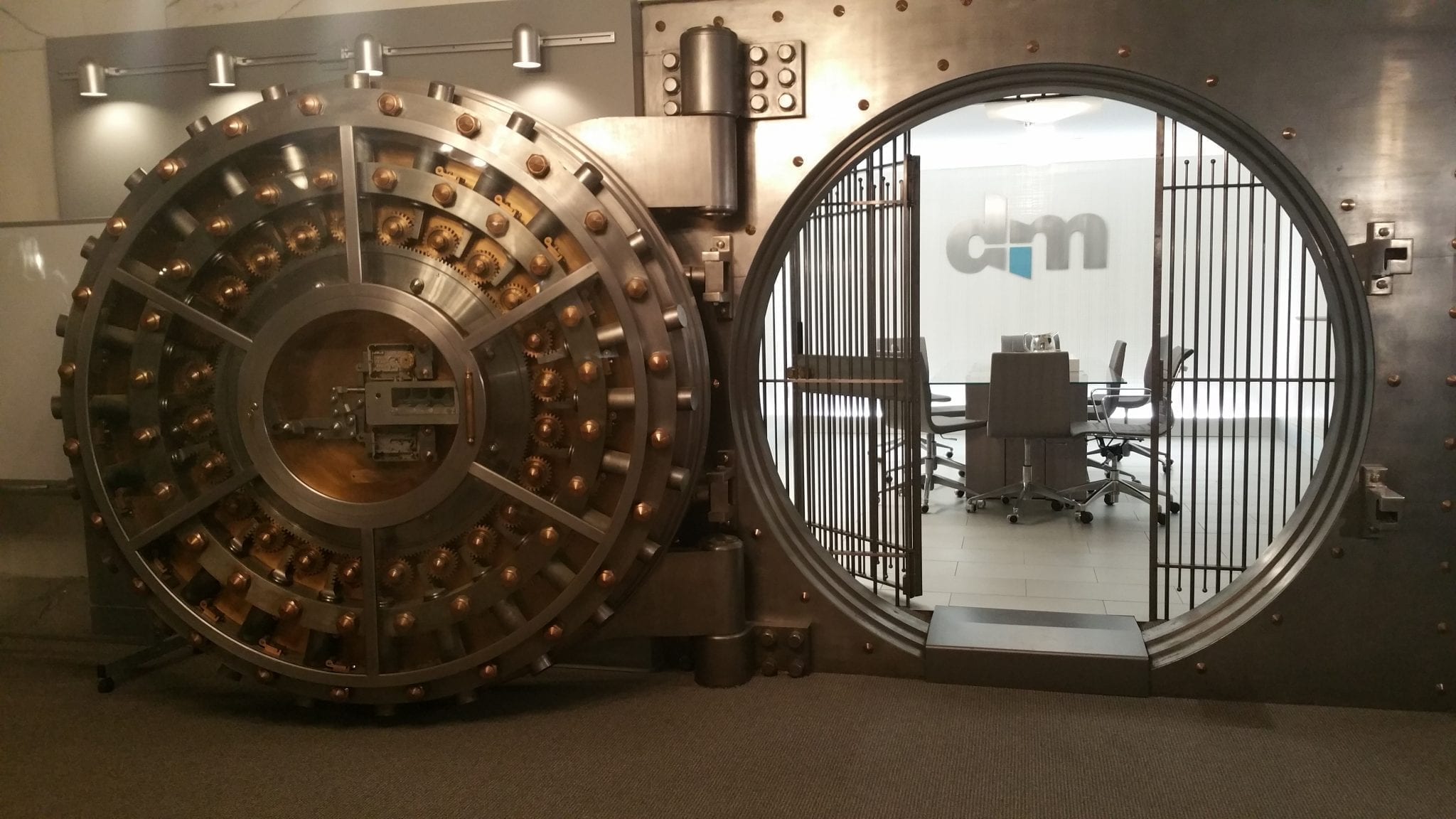The very term safety means being able to protect something you care about from substantial harm. Sometimes, this means protecting it in a physical or emotional sense, however, in some cases, it means keeping it financially safe and out of harm’s way. When running a business, you’re faced with all three of these tasks.
The very term safety means being able to protect something you care about from substantial harm. Sometimes, this means protecting it in a physical or emotional sense, however, in some cases, it means keeping it financially safe and out of harm’s way. When running a business, you’re faced with all three of these tasks.
On the one hand lies the safety of your employees and your self-actualization as an entrepreneur, while, on the other, the need to decide what’s cost-effective for your enterprise. For instance, it wouldn’t be much of a deal to invest millions in order to protect an asset that’s barely worth $100,000, seeing as how this move would yield a horrible ROI. So, there are some relevant steps you have to take in order to substantially improve the safety of your business.
Smarter hires
The first tip to keeping your company safe lies in your ability to recognize capable and dedicated employees. Keep in mind that no matter how hard you try and how much you invest, it’s always up to the employees to stay alert and play by the book. An unconscientious employee squanders corporate resources, logs into company software from an unsecured network, shares their credentials, or fails to follow guidelines left by the safety supervisor. In other words, any effort to make your business or office more secure starts with your ability to make smart hires.
Constant training and self-improvement
Another thing worth keeping an eye out for is your ability to tutor your staff in the fields that are relevant to the safety of your business. In the previous section, we stressed the importance of hiring the right people, yet, it’s pretentious and outright wrong to assume that the employees you hire should intuitively know how to handle themselves in moments of crisis.
Therefore, you need to constantly invest in their education by holding meetings, seminars, and by sending them to attend outside courses. Naturally, you also need to be ready to self-improve, seeing as how it’s hypocritical to ask your employees to agree to something you yourself wouldn’t do.

Emergency fund
It’s worth keeping in mind that, while expecting trouble isn’t the right mindset for an entrepreneur, it’s also highly irresponsible to automatically assume everything will just turn out fine. You’ve probably heard about settlement funds that some of the larger businesses have, yet, for a small business, this might be financially unsustainable.
So, you need to make a joint emergency fund which will help you go through all sorts of emergencies that you may encounter. Of course, if you have another way of obtaining these funds, like through personal online loans, you might use this as a suitable alternative. Nonetheless, this fundraising method needs to be as reliable as possible.
Product liability is an immense hazard
While some may believe advertising to be nothing but shameless self-promotion, others know just how dangerous product liability can be. Forgetting a disclaimer of a seemingly minor side-effect of your product may create PR havoc, therefore, burying your company in the ground before it even got its chance to take off. This affects small businesses and major conglomerates alike. The best example of the latter is an incident in which IKEA was forced to recall 29 million MALM model dressers. In theory, your products should be making you money, yet, if you’re not careful, things can suddenly take a turn for much, much worse.
Keep all records
Lastly, you need to keep all the records of your business that you have available, seeing as how you never know when a potential situation might reemerge as a problem. Here, we’re not just talking about transaction data and tax records, but also records of first aid treatments, incident investigations, inspections, and training activities. In this case, should the employee come up with a negligence claim, you have enough documentation to make a compelling case or, at the very least, accurately estimate the situation. The latter may turn out to be pivotal when it comes to making a decision on whether you should settle.
Final thoughts
While some safety-related activities like getting adequate safety equipment, implementing reliable business software, or outsourcing your security may be quite costly, simply knowing these safe business practices is quite frugal. As for the importance of these practices, they affect your business regardless of its structure, the stage it’s at, or the size of your operations. In other words, the sooner you adopt these principles the better.


Join the conversation!